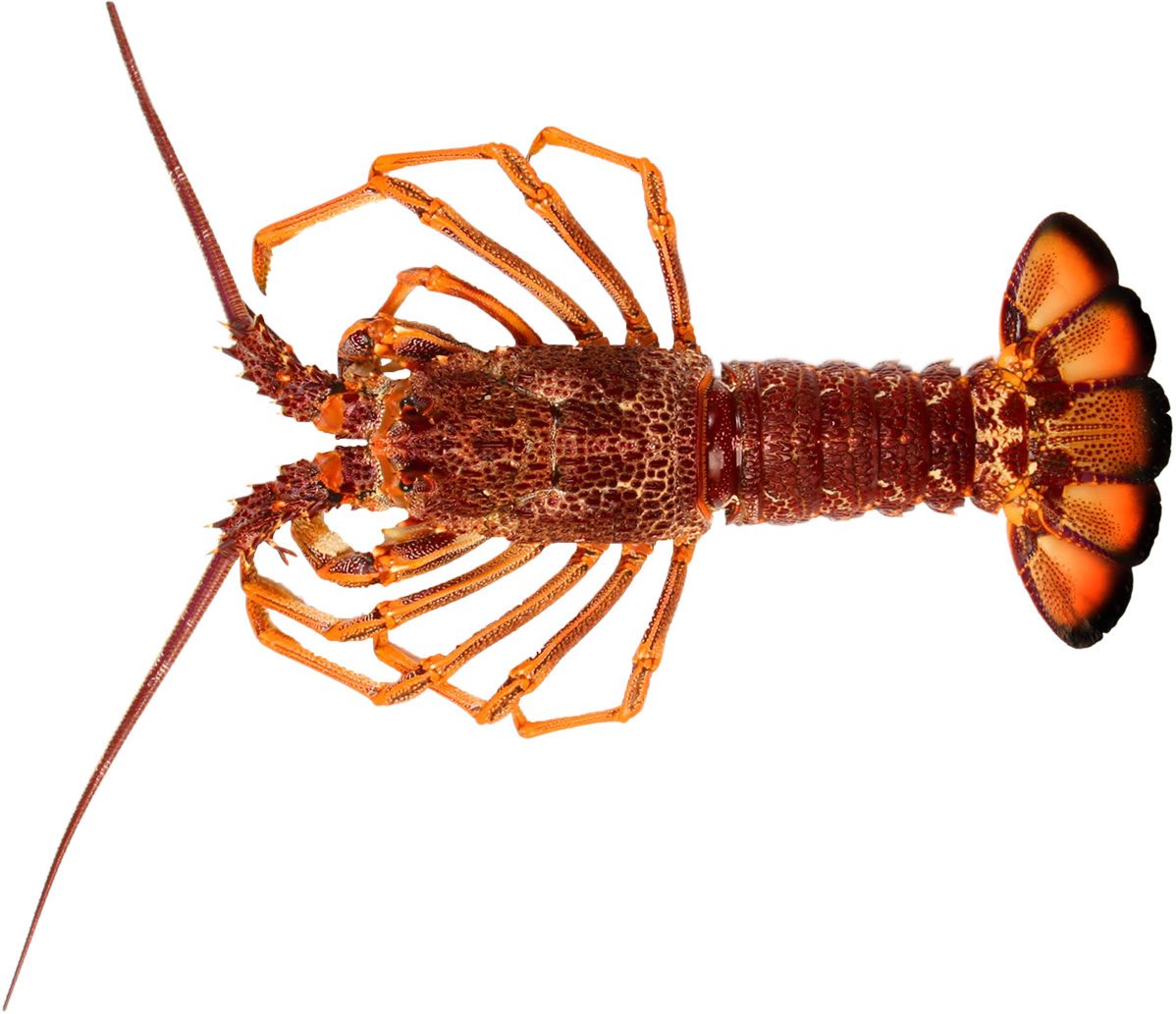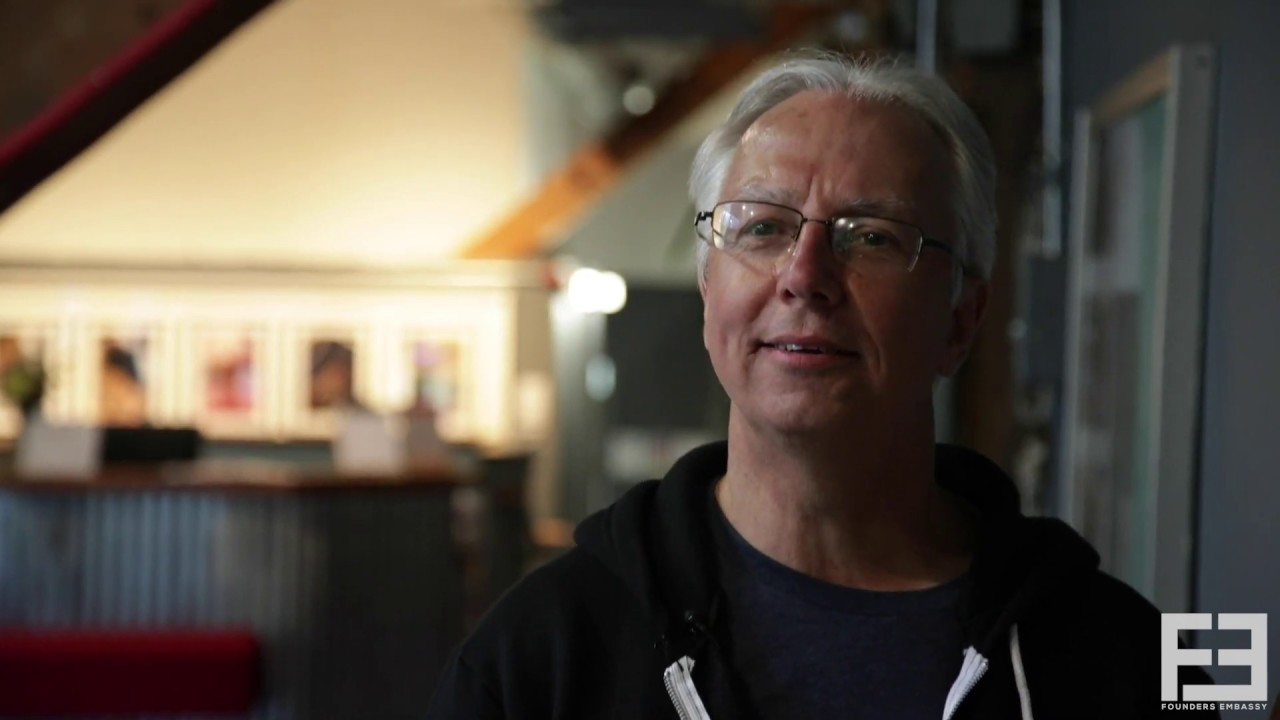Driving seafood security in China with Two Hands
By Leon Gettler >>
GREG MCLARDIE runs a company, Two Hands, that exports hundreds of millions of lobsters into China. He is in a very challenging situation.
Mr McLardie runs the risk of the Chinese wet markets, which notoriously helped create the coronavirus through unhygienic conditions.
However, the business will now be supplying Chinese restaurants, by-passing the wet market system. The lobsters go straight to the restaurant.
The Two Hands business model tags each lobster and uses blockchain. 
Two Hands hasn’t been supplying restaurants in China since January 27, since they have been closed. The restaurants opened three weeks ago but haven’t yet started buying lobsters because things in China are still slow.
People aren’t yet going to restaurants because they need to keep their social distance and they have to wear face masks. Mr McLardie said the chefs are telling him they won’t start ordering until May.
“I’m in constant contact with the executive chefs in Shanghai and the executive chef for the Waldorf Astoria said to me last week the whole world knows that coronavirus started in a fish market. He thinks that makes the Two Hands model very compelling because we avoid the fish market,” Mr McLardie told Talking Business.
His company was now being encouraged to bring in even more lobsters, when the restaurants start trading again.
“We connect fishers and farmers directly with the restaurant, with the chef. And with that direct connection, we have been able to reinvent the supply gain and eliminate middle men,” Mr McLardie said..
GOING DIRECT TO THE CHEFS
The way the Two Hands system works is that the fisher or farmer puts a smart tag on the product which cannot be removed until it gets to the chef. The product is weighed and the quality information is assessed.
That information, together with the fisher and farmer information, along with the pricing, is uploaded into the marketplace and made available to the chef in the restaurant. They place the order and the order is aggregated in Australia.
The lobster is packed in Australia, it arrives in customs in China and goes straight to the restaurant, avoiding the importer, the wholesaler and last mile distributor.
“So we avoid the fish market and because we’re using smart tagging with blockchain technology, we can guarantee the provenance of the product and we can guarantee the ethics of the journey the product went on,” Mr McLardie said. 
The critical part, he said, was to have all the information provided on the blockchain.
“Every time there is a change in the custody of the product, that change in custody, or any activity that affects the product, needs to be uploaded to the blockchain,” he said.
“We have spent an inordinate amount of time and effort making sure there are no gaps.”
Mr McLardie said there can no longer be any case for ‘business as usual’ with coronavirus.
He said what Two Hands is doing resonates with restaurants in China. People want to know they’re eating safe food.
Mr McLardie said the model has the potential to expand into other Asian markets.
“That’s what we’re pursuing. That blockchain is of great beauty that can expand globally at a very rapid pace,” he said.
“With a public curated register, you can expand globally very rapidly. This is the first time we have a technology that can ensure all the participants operate ethically.
“I think we can move quickly to that world, thanks to blockchain.”
Hear the complete interview and catch up with other topical business news on Leon Gettler’s Talking Business podcast, released every Friday at www.acast.com/talkingbusiness.


